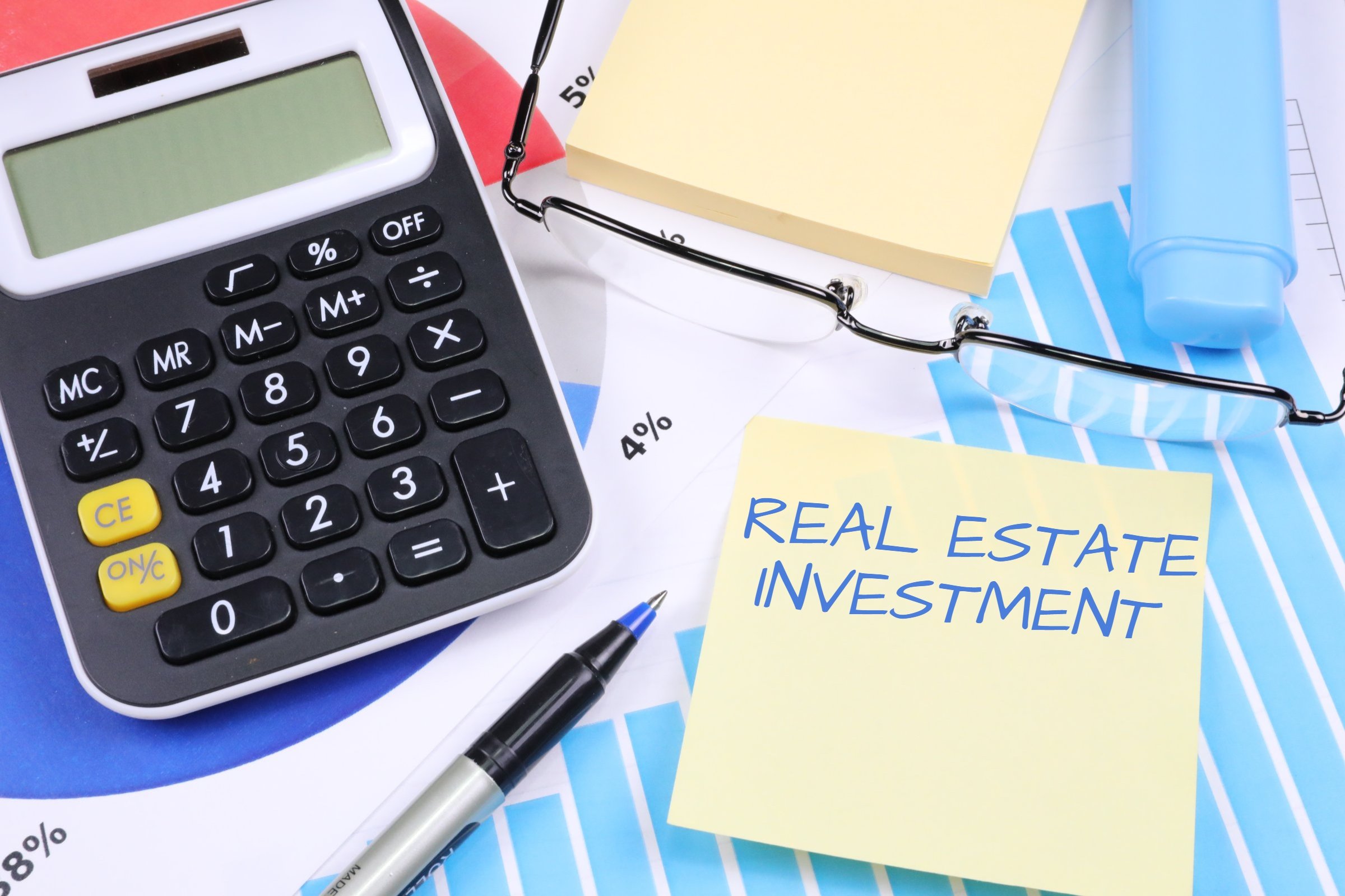
How to Make the Best Commercial Restate Investment Decisions
Deciding which investments to make in a commercial real estate venture can take time and effort. It is essential to consider both short-term and long-term needs when selecting a property to invest in and the current market conditions, potential returns on investment, and financing requirements. In addition to taking a commercial real estate course, here are some tips for making smart commercial real estate investment decisions.
Research Your Market
The commercial real estate market continues to grow, reaching a value of over $20.7 trillion as of 2021, but the market is constantly changing. Before investing in a commercial real estate venture, research the area to identify potential properties and analyse the current market trends. Look at past sales of comparable properties, review local zoning and land-use regulations, and investigate any tax credits or other incentives available for your investment.
Consider Your Financial Goals
When considering a commercial real estate investment, it’s essential to understand your financial goals. Consider what you want to achieve with your investment—whether it’s income from rent payments, appreciation in property value over time, or both. Knowing how long you intend to hold onto the property will also help inform your decision, as short-term investments may require different strategies than long-term investments.
Calculate Your Returns
To make an intelligent investment, carefully calculate the potential returns you can expect. Consider the initial out-of-pocket costs and any recurring expenses such as taxes and maintenance fees. Also, look at potential rental income, capital appreciation, and other factors that could influence your return on investment in the future. Be sure to consider any potential risks associated with the investment too.
Explore Different Locations
The old adage of location, location, and location holds true for both residential and commercial properties. From centrality to amenities and services, there are many factors to consider when selecting a property location. Research the area’s history of growth and development, population trends, and other aspects that could influence your investment decision.
For instance, purchasing a property in an area with mediocre infrastructure may mean higher costs to improve and maintain the building. On the other hand, investing in a thriving neighbourhood could yield higher returns on your investment due to increased rental demand. Properties in well-developed areas also tend to be more valuable than areas with more growth potential.
Know the market area and supply and demand.
Knowing the market area and understanding the supply and demand dynamics in commercial real estate is crucial for making informed investment decisions. You need to study the market data first. Look at data on commercial real estate in the area, including information on sales and leasing activity, vacancy rates, and rental rates. This information can be found through various sources, such as real estate data providers, government agencies, and local real estate associations.
Study the types of properties and businesses in the area and their size, age, and condition. This will give you an idea of the level of competition in the area and how it may impact demand for your property.
Consult with a real estate expert.
A local real estate agent or broker specialising in commercial real estate can provide valuable insights into the local market, including supply and demand trends, rental rates, and market conditions.
Identify the Ideal Method for Investment
Identifying an ideal method for real estate investment depends on several factors, including your financial goals, risk tolerance, and investment timeline. Residential rental properties involve buying a single-family home or a multi-unit building and renting it out to tenants. Benefits include a stable source of passive income and the potential for appreciation in property value. Drawbacks include the responsibilities of being a landlord, such as maintenance and tenant management, the possibility of vacancy periods and the need for a substantial upfront investment.
Commercial property methods involve investing in commercial real estate, such as office buildings, retail spaces, or industrial buildings. Benefits include the potential for higher rental income and longer lease terms compared to residential properties and the potential for asset value appreciation. Drawbacks include higher upfront costs, longer lease periods, and the need for expertise in commercial real estate.
Work With an Experienced Professional
No matter your level of expertise, it’s always a good idea to work with an experienced professional when making a commercial real estate decision. A qualified real estate broker or attorney can help guide you through the process by researching market rates and understanding local regulations. They can also provide valuable insights into a property’s potential for appreciation and other benefits.
Research Before Your Investments
By doing your research and carefully weighing all available options, you can make an educated decision when investing in commercial real estate. Doing so will help ensure that your investment is both profitable and sustainable in the long term. With this information in mind, you can confidently make a commercial real estate investment decision.
Ref: 3210.27863




 POSTED BY
POSTED BY 

